When I began my flagship program, Lift Heavy, Swing Fast, I used to schedule deload weeks for athletes after periods of training, typically every 12 weeks or so depending on the intensity and type of training. I gauged this based on my own experience, as I follow the same workouts as my athletes and recognized when my body needed a break.
This approach isn't flawless or necessarily supported by the latest meta-analysis. I reasoned that if I, someone who works out professionally, needed a break, then surely my athletes did too.
One flaw in this approach I learned in my 12 years as a trainer, taught me that very few people consistently string together a few weeks of hard training, let alone a 6-8 week cycle. Believe it or not, no matter what the data say, our lives are a little less predictable than a controlled study.
Most people naturally have weeks where they can't train as hard or miss workouts due to life commitments like vacation or illness – these are essentially unmarked deload weeks.
But what if you're incredibly disciplined, never miss a workout, and are fully committed? Then, my friend, you should consider incorporating a deload week.
As for timing, that's entirely up to you. If your sleep is good, nutrition is dialed in, and you're still progressing in the gym or on the course, there's no need to stop. On the other hand, don't wait until you completely burn out; if you start experiencing a few bad workouts, off days on the course, or general fatigue, it's a good idea to scale back for a few days or week.
Does a deload week mean sitting around doing nothing? Absolutely not.
You should still exercise, but instead of pushing yourself to the limit, dial down the intensity several notches. Avoid just going through the motions; maintain some level of engagement. If your usual workouts are at an 8/10 intensity, bring them down to a 4-5/10.
You don't necessarily need to change your entire workout plan. However, if you're following my Lift Heavy, Swing Fast regimen, I'd recommend hitting your deload week either the first or last week of a training cycle.
If you happen to go on vacation and only walk for a week, or simply take a break from training to enjoy life, that's perfectly fine – consider it your deload week. Embrace it and relish your time away from intense workouts.








